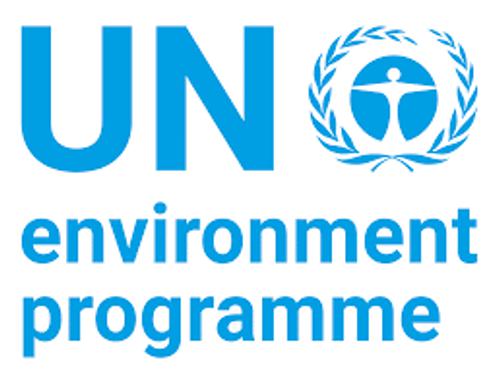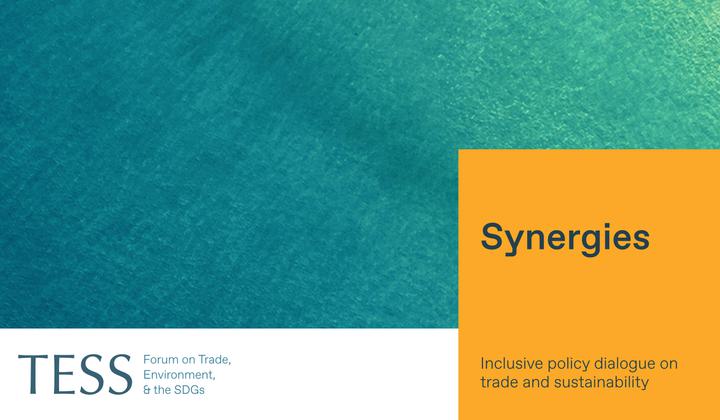This policy brief seeks to provide a short and accessible introduction to the evolving landscape of sustainability requirements for agriculture and associated international trade considerations.
The paper discusses the role of sustainability requirements and standards in supporting the sustainability of the agricultural sector and the importance of international cooperation in their design and implementation. It outlines the state of play in the uptake of sustainability requirements and standards in the agriculture sector, identifies key trade-related considerations in their application, and explores pathways for improving equitability and effectiveness.
The key recommendations of the paper are for policymakers to:
- Measure the impact that sustainability requirements can have on trade in agricultural commodities.
- Foster the development and adoption of requirements in a “smart way”, building on the learnings and challenges that voluntary standards have faced over decades.
- Consider “smart mixes” that use both mandatory requirements and voluntary standards to achieve maximum sustainability benefits.
- Promote transparency and alignment between sustainability requirements, to create a level playing field, support their adoption, ensure sensitivity to varying local conditions, and improve their effectiveness.
- Support consultation and dialogue with supply chain actors in producing countries in the development of sustainability standards.
Recommended citation: UNEP & ITC. (2023). Sustainability standards and requirements for Agriculture: International trade considerations. UK Research and Innovation Global Challenges Research Fund (UKRI GCRF) Trade, Development and the Environment Hub (TRADE Hub), UN Environment Programme (UNEP), International Trade Center (ITC), and Forum on Trade, Environment, & the SDGs (TESS).









